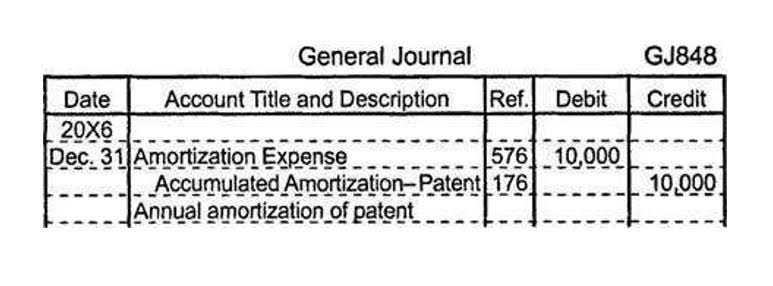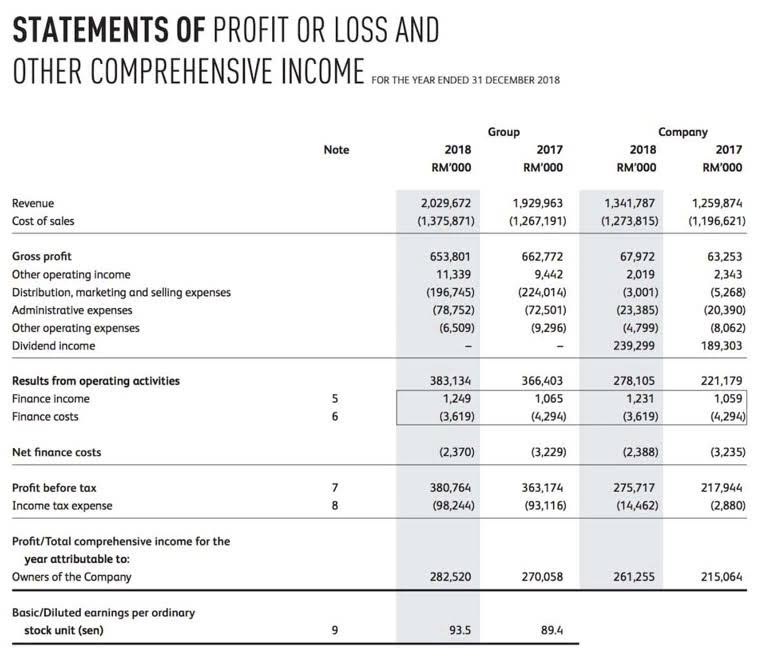
However, the payroll department might not have as much need for some financial statements (e.g., a statement of cash flows). Smaller businesses might utilize accountants in bookkeeper roles, handling all financial data. Companies that choose to do the opposite (using bookkeepers in accountancy roles) are making a big mistake. Bookkeeping is the process of recording and tracking financial transactions within a business or organisation. Traditionally, bookkeeping was a manual process but today most bookkeepers keep track of transactions using digital software. Bookkeeping focuses on tracking and recording every financial transaction that occurs within a business.
Difference Between Bookkeeping and Payroll Services
- For instance, mixing financial transaction records with payroll data can result in inaccurate financial reports.
- Although the process may appear straightforward and automated, it requires financial experts to ensure it is completed without issue.
- This reduces the risk of errors and helps maintain compliance with relevant laws and regulations.
- However, it’s important to understand the nuances of this capability and what it entails for a business.
- If you have a financial department in your company, it is most likely run by someone with an accounting background.
Contact Velan for more details on the best back-office process optimization strategies. The payroll department ensures that employees receive accurate and timely payments based on their work hours, salary rates, and applicable deductions or benefits. Reporting and paying them accurately depends on employee data (through form W-4) and how much they make (what tax bracket they fall into). The process includes tracking time, accounting for bonus pay, and making on-time distributions. Earlier, you might recall bookkeeping and payroll services us stating that all bookkeepers are accountants, but not all are bookkeepers. They take this skill set with them to gain a firm understanding of how financial monitoring works.

Practical Tips for Managing Bookkeeping and Payroll
And, while these functions are both essential to a company’s financial health, they serve distinct purposes. Understanding the differences between them is crucial for efficient financial management and compliance. On the other hand, payroll management focuses specifically on the compensation of employees for their work. While payroll processing involves elements of recording financial transactions, its primary goal is to ensure that employees are Accounting For Architects paid accurately and timely while complying with relevant tax laws and regulations. In summary, bookkeeping involves recording all financial activities of a business, while payroll services center around managing employee compensation and related financial matters. Both functions are essential for maintaining accurate financial records and ensuring a smoothly functioning business.

Why You Need Payroll and Bookkeeping Experts
With the direct translation of data between systems, you don’t need to worry about something being incorrect. Remember that regardless of what type of accounting you do, the information does not exist in a vacuum. Corporations have sometimes found that increased wages save money by reducing high retraining costs. We believe in working with our clients, in order to provide a truly personal service. Ultimately, this is the foundation upon which your financial understanding is built. To be successful in bookkeeping, a person needs several key skills and qualifications.
Advantages of a Bookkeeper Doing Payroll
- Accountants are money-related advisors who create fiscal summaries and provide monetary exhortations.
- For example, if a business owner were to manage both payroll accounting and bookkeeping tasks, they may become overwhelmed and struggle to keep up with the workload.
- Whether it’s tracking revenue trends, monitoring expenses, or assessing profitability, robust financial reporting lays the foundation for sustainable growth and success.
- They also need to be well-organized and comfortable with technology, particularly accounting software like QuickBooks, Xero, and FreshBooks that many businesses use today.
- Small businesses and startups may benefit from outsourcing certain financial tasks, such as payroll processing or bookkeeping, to third-party service providers.
- Financial decisions regarding a company’s tolerance for additional employees might be made using this information.
Think of it as creating a clear financial trail that tells the complete story of your business’s money management. Furthermore, leveraging technology and automation tools can streamline financial processes and improve efficiency. From cloud-based accounting software to automated payroll systems, businesses have access to a wide range of tools and solutions that simplify routine financial tasks, minimize errors, and enhance productivity. By embracing technology-driven solutions, businesses can free up valuable time and resources to focus on strategic initiatives that drive growth and innovation.
What is an accountant?
While outsourcing may seem like an added expense, it can save a business time and money in the long run. Outsourced bookkeeping and payroll services can provide expertise and knowledge that may not be available in-house. Here’s an explanation of the differences between bookkeeping vs payroll services. Business payroll services specifically focus on employee compensation and related financial tasks.

What are the Duties and Responsibilities of Bookkeeper?

CPAs meet state licensing requirements to become publicly practicing accountants. While both bookkeeping and payroll are essential for financial management, they serve distinct purposes. One important aspect of payroll that business owners should understand is that it’s considered a tax-deductible business expense. This means the money spent on employee salaries and wages can help reduce the company’s overall tax burden – a significant benefit for any business. For example, if a company also has an accountant, the bookkeeper might focus more on day-to-day transaction recording rather than creating financial reports.
Regardless of how much money you make, accountants are often the last line of defense against financial blunders. cash flow Kiyosaki recognizes this, reminding you of the importance of accurate financial reporting. Accountants have the duty of creating information sheets from data typically acquired from bookkeepers.






